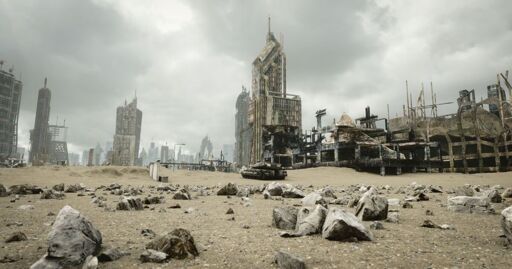A scientist has made the shocking claim that there’s a 49% chance the world will end in just 25 years. Jared Diamond, American scientist and historian, predicted civilisation could collapse by 2050. He told Intelligencer: “I would estimate the chances are about 49% that the world as we know it will collapse by about 2050.”
Diamond explained that fisheries and farms across the globe are being “managed unsustainably”, causing resources to be depleted at an alarming rate. He added: "At the rate we’re going now, resources that are essential for complex societies are being managed unsustainably. Fisheries around the world, most fisheries are being managed unsustainably, and they’re getting depleted.
“Farms around the world, most farms are being managed unsustainably. Soil, topsoil around the world. Fresh water around the world is being managed unsustainably.”
The Pulitzer Prize winning author warned that we must come up with more sustainable practices by 2050, “or it’ll be too late”.



Giant meteor coming to wipe out all of the world’s life?
Oh, so just the collapse of current civilisation. That’s happened many, many times already.
While not a good thing for those experiencing it, consider this. As we look back on previous civilisations, would we consider ours to generally be the best up to now? I’d say so. Perhaps what comes next will be even better.
The collapse of a particularly large civilisation is usually a slow affair that is difficult even to spot from the inside as it’s happening (consider the slow crumbling of the USA currently for example).
So while it is a period of turmoil and not a small amount of suffering, it’s not like everybody is going to die and humanity will go extinct, or anything.
Collapse of local civilizations has happened a lot of times. Collapse of the global civilization has not happened yet. And previous collapses happened often improved the living conditions for big parts of the population, because they were farmers who no longer had to support the ruling classes after the collapse. Collapse of food production and distribution when e.g. only 1% of the population are professional farmers (in Germany) will be fundamentally different.